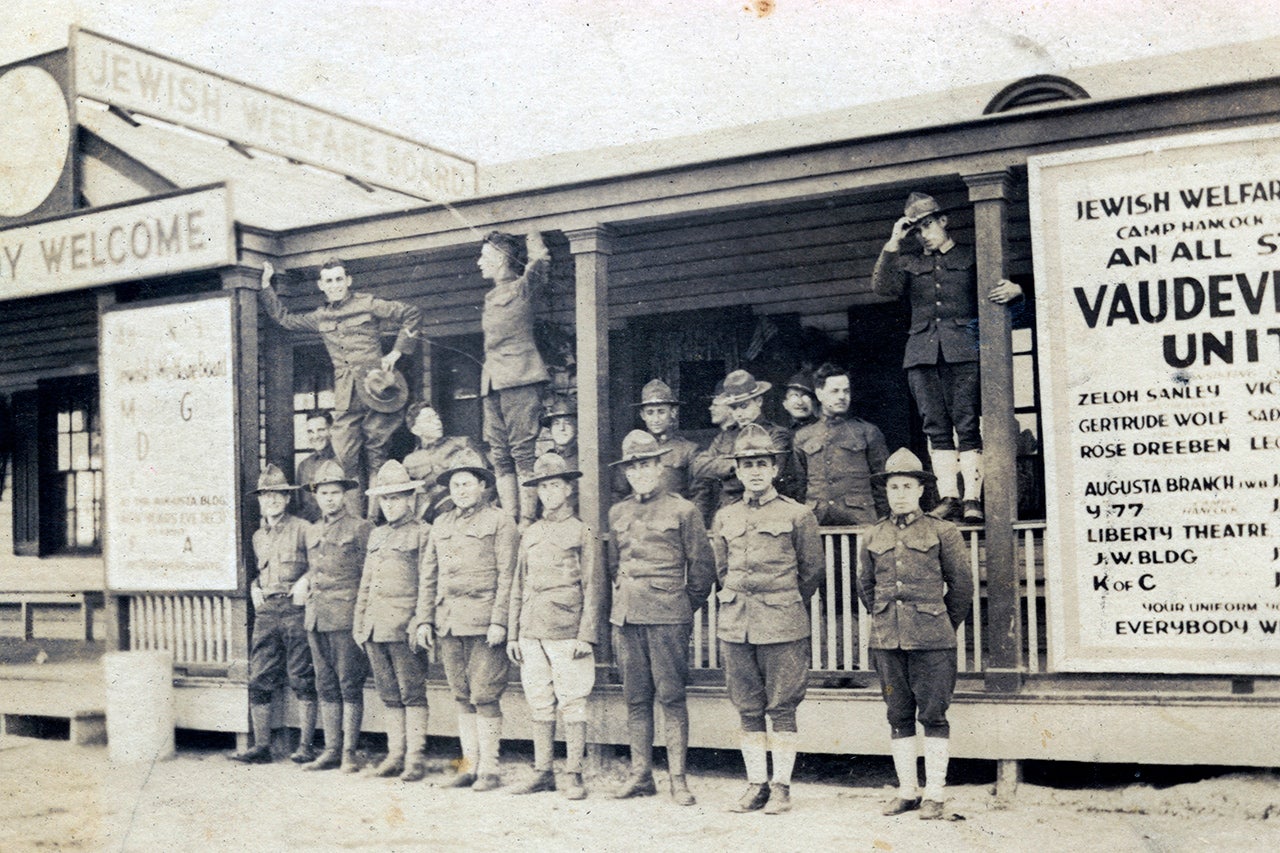The National Endowment for the Humanities (NEH) has awarded the College of Charleston’s Pearlstine/Lipov Center for Southern Jewish Culture (CSJC) a $143,699 grant aimed at teaching faculty and instructors in higher education how to incorporate southern Jewish history into mainstream academia.
The grant is part of the NEH’s Summer Seminars and Institutes for College and University Teachers program, that supports one- to four-week projects in which college and university faculty members, working with scholarly experts, engage in intensive study of important texts and topics in the humanities. Only 10 of these grants were awarded by the NEH this year, for a total of $1.4 million.
Dale Rosengarten, associate director of the CSJC and the founding director of the College’s Jewish Heritage Collection, says CofC’s NEH-funded program will provide experiential learning opportunities for professors, instructors and graduate students.
“The idea is to disseminate information about this new field of southern Jewish history and culture, and to prepare people from other institutions to teach and include materials from this curriculum in their own courses,” says Rosengarten.
Housed within the College’s Yaschik/Arnold Jewish Studies Program, the CSJC encourages scholarship and public knowledge about Jewish life in the American South by bringing together the resources of the Jewish Studies program, the College’s Jewish Heritage Collection and the Jewish Historical Society of South Carolina. The Center will use the funds to develop a two-week institute titled “Privilege and Prejudice: Jewish History in the American South,” to be held May 27 – June 7, 2019. “Privilege and Prejudice” will offer in-depth training in southern Jewish history for 25 educators from across the country. Summer scholars will be selected for the institute through an application process.

Judah and Hannah Yelman’s dry goods store, St. Matthews, South Carolina, 1930. (Photo courtesy of Special Collections, College of Charleston Libraries)
According to CSJC Director Shari Rabin, the syllabus shifts Jewish life from the margins of southern history to the center, exploring the region’s cosmopolitan past and its relationship to both diversity and discrimination. Rabin, an assistant professor in the Yaschik/Arnold Jewish Studies Program, will co-direct the institute with Rosengarten and Michael R. Cohen, chair of the Jewish studies program at Tulane University.
Over the two-week program, participants will explore subjects ranging from the religious history of southern Jews to their relationship to slavery in the antebellum era; from Jewish economic activities to Jewish participation in the civil rights movement; from Jewish/Christian relations to the role food has played in the southern Jewish experience. The College’s World of Jewish Culture program at Piccolo Spoleto, taking place during the institute, will offer additional programs that showcase southern Jewish culture.
“What we’re trying to do here is integrate the experience of southern Jewish history and culture into standard academic disciplines such as American religion, American history and American Jewish history, as well as fields like public history, anthropology and museum studies,” says Rosengarten. “We’re trying to integrate our special slice of the pie into that bigger menu.”
Featured image: the Jewish Welfare Board, Camp Hancock, Augusta, Georgia, circa 1918. (Image courtesy of Special Collections, College of Charleston Libraries)





